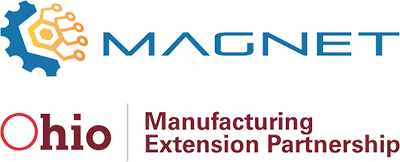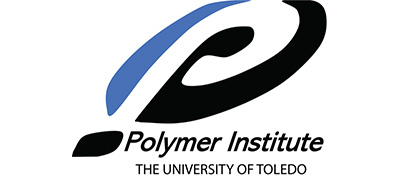Recovery of High Purity Polypropylene from Mixed Plastic Waste
Abstract
Despite being widely utilized, only about 1% of the polypropylene (PP) produced globally are recycled. A particular challenge is to recover PP from mixed polyolefins float fraction that are typically part of commercial plastic waste recycling. In this talk, we present a sustainable approach to selectively dissolve and recover PP from mixed plastic waste using a biodegradable, non-toxic, and bio-sourced “Green Solvent”. Among all the major polymers, PP alone dissolved in this Green Solvent while other plastics remain insoluble. The dissolved PP is then re-precipitated with an anti-solvent to obtain virgin like material. We have demonstrated PP separation and recovery from a variety of feedstocks, including PP-PE pellets mixtures, melt blended PP and PE pellets, post-consumer polyolefin waste (e.g. takeout containers), floatables from commercial PET recycling, discarded face masks, and multilayer flexible food packaging. Peak temperature for degradation, melting point, melt flow index (MFI), and material structure of recovered PP will be presented. This environment friendly process can recover PP from mixed plastic waste and separate PP and PE from a mixture without significant loss of polymeric material properties.
About the Speaker
Dr. Joseph Lawrence is a Research Professor and Senior Director of the Polymer Institute and the Center for Materials and Sensor Characterization at the University of Toledo. He is a Chemical Engineer by training and after working in the process industry, he has been engaged in polymers and composites research for 18+ years. In the Polymer Institute he leads research on renewably sourced polymers, plastics recycling, and additive manufacturing. He is also the lead investigator of the Polyesters and Barrier Materials Research Consortium funded by industry. Dr. Lawrence has advised 20 graduate students, mentored 8 staff scientists and several undergraduate students. He is a peer reviewer in several journals, has authored 30+ peer-reviewed publications and serves on the board of the Injection Molding Division of SPE.

 Marriott Cleveland East
Marriott Cleveland East Aloft Beachwood
Aloft Beachwood Hotel Indigo Beachwood
Hotel Indigo Beachwood Home2 by Hilton
Home2 by Hilton
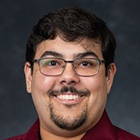
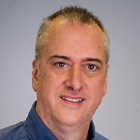
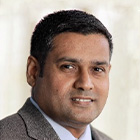

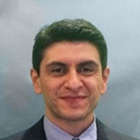
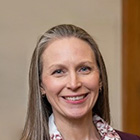
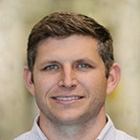









.jpg)
.jpg)
.jpg)

.jpg)

